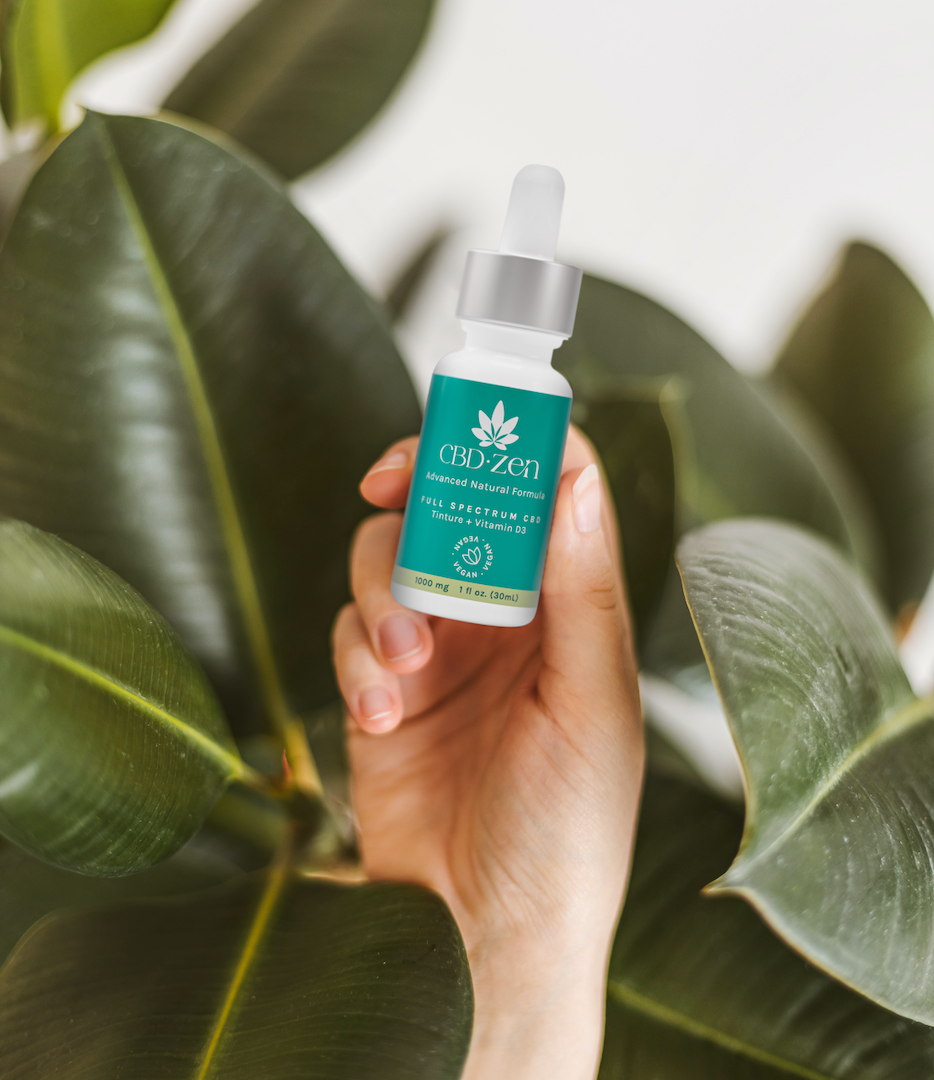Did you know that your gut may be affecting your sex life? Discover the connection between your gut and your sexual response
Although we have traditionally attributed the decrease in libido to routine or the passing of the years, more and more studies reveal that there is a direct connection between the millions of bacteria that live in our guts and our sexual response. The intestinal microbiota, also known as the microbiome or intestinal flora, is a little-known but highly relevant factor in sexual health.
The gut is home to trillions of microorganisms, and these "good" bacteria have been found to play crucial roles in mental health, behavior, and even sex life. It is important that you know that the intestinal microbiota is not only related to digestion, but also acts as our "second brain".
How can my gut be connected to sexual desire?
The intestine is considered our "second brain" because of its complex nervous system, known as the enteric nervous system. This system is made up of millions of neurons that communicate with each other and with the brain through chemical and electrical signals.
In addition, the intestine produces neurotransmitters, such as serotonin, known as the "happiness molecule." It plays a crucial role in regulating mood and emotions.
A serotonin deficiency can trigger depression, which directly affects libido. In addition, the gut microbiota influences the production of sex hormones such as testosterone, which is closely linked to sexual desire in both men and women.
The constant two-way communication between the gut and the brain, known as the gut-brain axis, reveals the close connection between the two organs.
This relationship explains why changes in gut microbiota, gut health, and stress can influence mood, mental health, and sexual desire.

How to maintain a healthy gut microbiota:
Maintaining a healthy intestinal microbiota is like taking care of the grass in our garden. A healthy microbiome is generally a diverse microbiome, containing a wide variety of different species that live throughout our bodies.
At Cork University Hospital in Ireland, Professor Ted Dinan has been investigating what happens to the microbiome of his depressed patients.
"If you compare someone who is clinically depressed to someone who is healthy, there is less microbiota diversity. I'm not suggesting that it is the sole cause of depression, but I do believe that for many people it does play a role in the genesis of depression. ".
In the intestine there are also neurons and the connection with the mind is stronger than we think. "Thoughts, emotions, do not emerge from a cloud of things, they emerge from biological things," said Ismael Palacios, a researcher at the Center for Studies in Human Neuroscience and Neuropsychology at the Diego Portales University in Chile.
What do we do to have a healthy microbiota?
Now that we know the tremendous impact that the so-called intestinal flora can have on our physical, mental and even sexual health, we leave you with four fundamental recommendations:
A balanced diet rich in fiber: Fiber feeds the beneficial bacteria in the intestine and promotes their growth. To increase your fiber intake, it is advisable to include a wide variety of high-fiber foods in your daily diet. This includes fruits, vegetables, legumes, whole grains, and nuts. Try to eat at least 30 different types of high-fiber foods during the week to get complete nutrition and promote bacterial diversity in your gut. The more varied the menu, the more varied our microbiota will be.
Consumption of probiotics: Probiotics are live microorganisms that can have positive effects on health. You can get probiotics through foods like yogurt, kefir, sauerkraut, and other fermented foods. Furthermore, they are also available in the form of probiotic supplements. Zenzsua l' s Zenbiotic has a formula designed to enhance vaginal health as well as digestive and immune well-being throughout the body.
It contains 25 billion CFUs of probiotics, which are good bacteria that coexist in the human body, promoting proper functioning and promoting natural environments that stimulate defense systems against germs that can cause disease.
Probiotics can help balance the gut microbiota, promoting bacterial diversity and protecting against the proliferation of harmful bacteria.
The practice of meditation : Meditation and relaxation techniques can help reduce stress, which in turn is related to intestinal health. Chronic stress can negatively affect the intestinal microbiota and compromise its balance. Taking time to meditate and relax can reduce stress levels, improve digestion, and promote better mental and emotional health. Try incorporating meditation into your daily routine, even a few minutes a day can make a difference. Also, consider practicing relaxing activities like yoga or tai chi.
Recover your libido: In addition to eating better, it is important to include exercises in your routine. Sport is a mood booster and facilitates the natural secretion of serotonin. A natural antidepressant essential for physical and mental health. For this active recovery, we recommend our Libizenzs Women Energizer , some capsules that help increase your sexual desire and add energy during the day. Thanks to its formula, of natural products and trace elements, after 2 to 3 weeks you will begin to see how the testosterone levels in your body rise -naturally- and without hormones, which will help you not only with your sexual life but also with your general well-being.
In conclusion, taking care of intestinal health through a balanced diet and healthy habits can have a positive impact on libido and sexual health. Maintaining a healthy gut microbiota is critical to maintaining proper hormonal balance, optimal blood circulation, and a satisfying sexual response. If you experience persistent sexual problems, it is advisable to consult a health professional for proper diagnosis and treatment.
Visit our store and look for your Zenbiotic probiotic and Energizing Libizens , a combination that will help your gut, brain and genitals.



Leave a comment